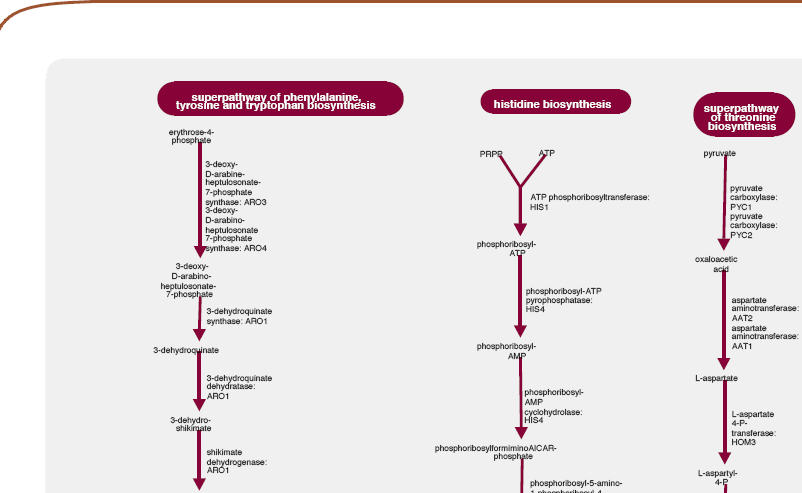 Melville on Science vs. Creation Myth
Melville on Science vs. Creation MythFrom Melville's under-appreciated Mardi: On a quest for his missing love Yillah, an AWOL sailor...
 Non-coding DNA Function... Surprising?
Non-coding DNA Function... Surprising?The existence of functional, non-protein-coding DNA is all too frequently portrayed as a great...
 Yep, This Should Get You Fired
Yep, This Should Get You FiredAn Ohio 8th-grade creationist science teacher with a habit of branding crosses on his students'...
 No, There Are No Alien Bar Codes In Our Genomes
No, There Are No Alien Bar Codes In Our GenomesEven for a physicist, this is bad: Larry Moran, in preparation for the appropriate dose of ridicule...








 This poster offers a birds-eye glance at some of the complexity that goes on inside just a single cell. All of these pathways have to be coordinated with environmental cues, like changing sugar sources, and major cell processes like division.
Most of these pathways happen in our cells too, and many of the key the enzyme players in yeast are conserved in humans as well. By figuring all of this out in yeast, we learn about the complexity inside of our own cells.
This poster offers a birds-eye glance at some of the complexity that goes on inside just a single cell. All of these pathways have to be coordinated with environmental cues, like changing sugar sources, and major cell processes like division.
Most of these pathways happen in our cells too, and many of the key the enzyme players in yeast are conserved in humans as well. By figuring all of this out in yeast, we learn about the complexity inside of our own cells. 